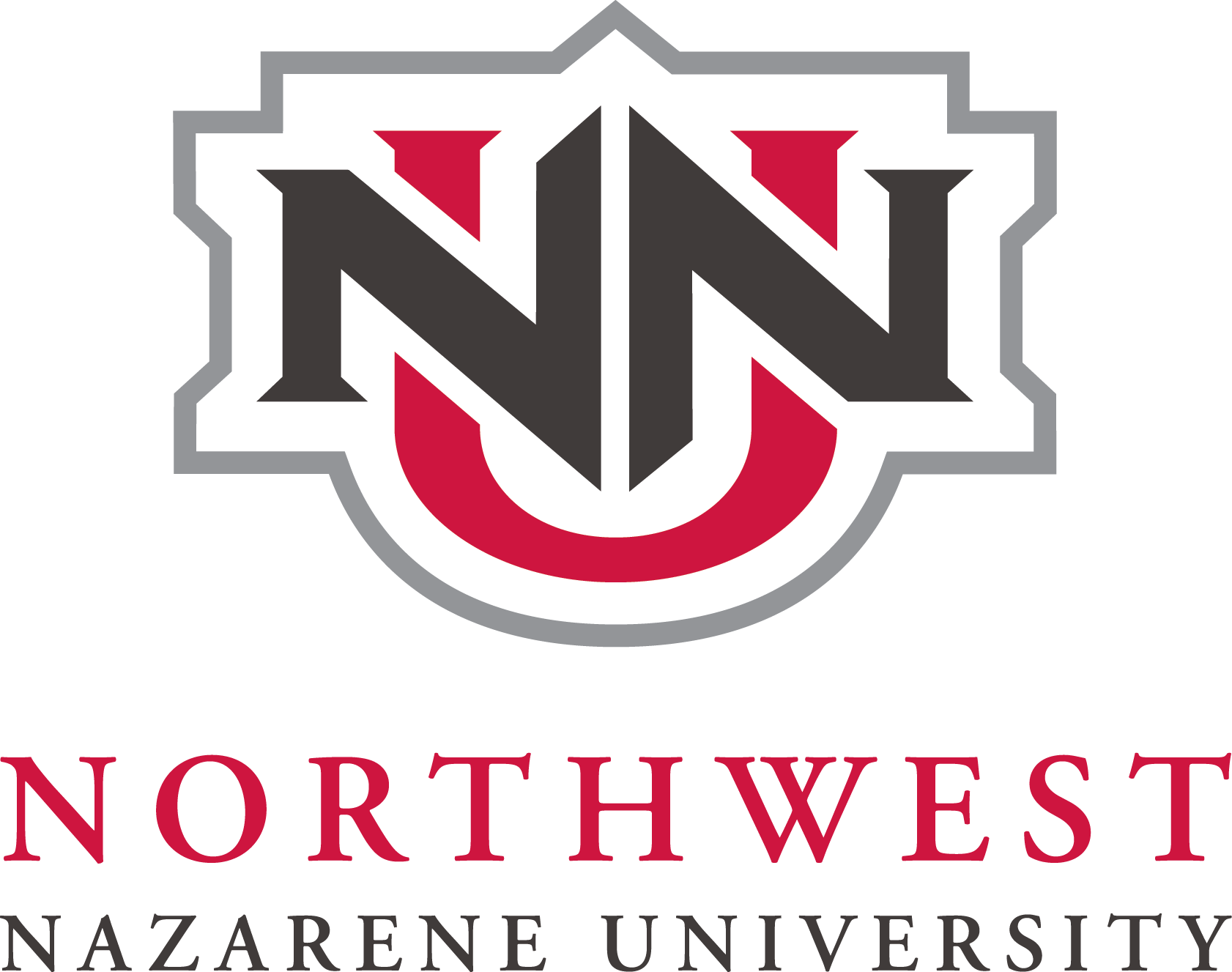The Student and Exchange Visitor Information System (SEVIS) is an internet-based system allowing universities and other academic programs to exchange data on the visa status of international F-1 and J-1 students and J-1 scholars with U.S. Citizenship and Immigration Services (USCIS). SEVIS benefits students and scholars by improving the speed and accuracy of their application processes.
Study in the States is a good resource to learn more about the I-20 and F-1 Visa process.
How does SEVIS work?
- NNU uses SEVIS to notify USCIS when it admits a new international student or invites a new J-1 scholar. USCIS approves the University’s request to issue form I-20 (for F-1 students) or form DS-2019 (for J-1 students or scholars) through SEVIS. The University sends the form to the student or scholar.
- If you are a new F-1 student then you will pay a SEVIS fee of $350 to the U.S. Department of Homeland Security. New J-1 students and scholars will pay a $220 SEVIS fee to the U.S. Department of Homeland Security. For information on paying the SEVIS fee, please see the US government SEVIS I-901 fee website.
- A new F-1 or J-1 student or J-1 scholar visits a US Consulate abroad, which uses SEVIS to confirm the validity of the student’s or scholar’s I-20 or DS-2019. The consulate issues the student or scholar visa. For a list of US Consulates in your home country, please see the US Embassies website.
- At the airport, a USCIS officer reports the F-1 or J-1 visa holder’s entry into the U.S. to SEVIS.
- Upon arrival at NNU, the student or scholar checks in with the Registrar, who confirms the student’s or scholar’s arrival at NNU through SEVIS.
- The University provides regular reports to SEVIS throughout the student’s academic career or scholar’s research or teaching program.
- The student’s or scholar’s departure from the U.S. is recorded in SEVIS.
What data does NNU report to SEVIS?
- F-1 and J-1 student enrollment or failure to enroll
- Student’s or scholar’s change of legal name or address
- Early graduation of a student prior to end date on the I-20 or DS-2019
- Disciplinary action taken due to criminal conviction
- Student’s un-authorized drop below a full course of study
- Student or scholar termination date and reason for termination
- Student’s failure to maintain status or complete program of study
- Other data such as program extensions, school transfers, changes in level of study, employment authorizations and reinstatement
SEVIS Information Resources
Visit the SEVIS homepage or US Citizenship and Immigration Services (USCIS) for more information. Also see the SEVIS/I-901 fee website and US Embassies website.
International students are eligible to work on-campus 30 days before beginning classes. They may also work off-campus after 1 year or two semesters of full-time study by using Curricular Practical Training (CPT) if available, Optional Practical Training (OPT), or Pre-completion Optional Practical Training.
Students may also be approved for off-campus employment through Economic Hardship, provided they meet the eligibility requirements.
Frequently Asked Questions
Q: When can my SEVIS record be transferred to a new school?
A: Your record can be transferred at any time, but you must maintain full time enrollment at NNU until your SEVIS record has been transferred.
Q: I plan to travel outside the US before classes start at my new school. Which I-20 do I need to come back into the US?
A: You will need the I-20 from your new school. Once your SEVIS record is transferred your I-20 from NNU is no longer valid.
Q: I have a job on campus. Can I work after my SEVIS record has been transferred? What about OPT or CPT?
A: No. All work authorization at NNU ends when your SEVIS record is transferred, including on-campus, OPT, CPT, and Economic Hardship.
Q: I finished my program at NNU and I’m in my 60-day grace period. I want to transfer to another school but their classes start after my grace period ends. Can I still transfer?
A: Usually, yes. However, it is important for you to contact the Registrar for more information related to your situation.
Q: I’ve completed my transfer to my new school. Can I throw away my old I-20 from NNU?
A: No. Never throw away your old I-20s. They provide a record of your immigration history, which you may need for filing for new immigration statuses in the future.






